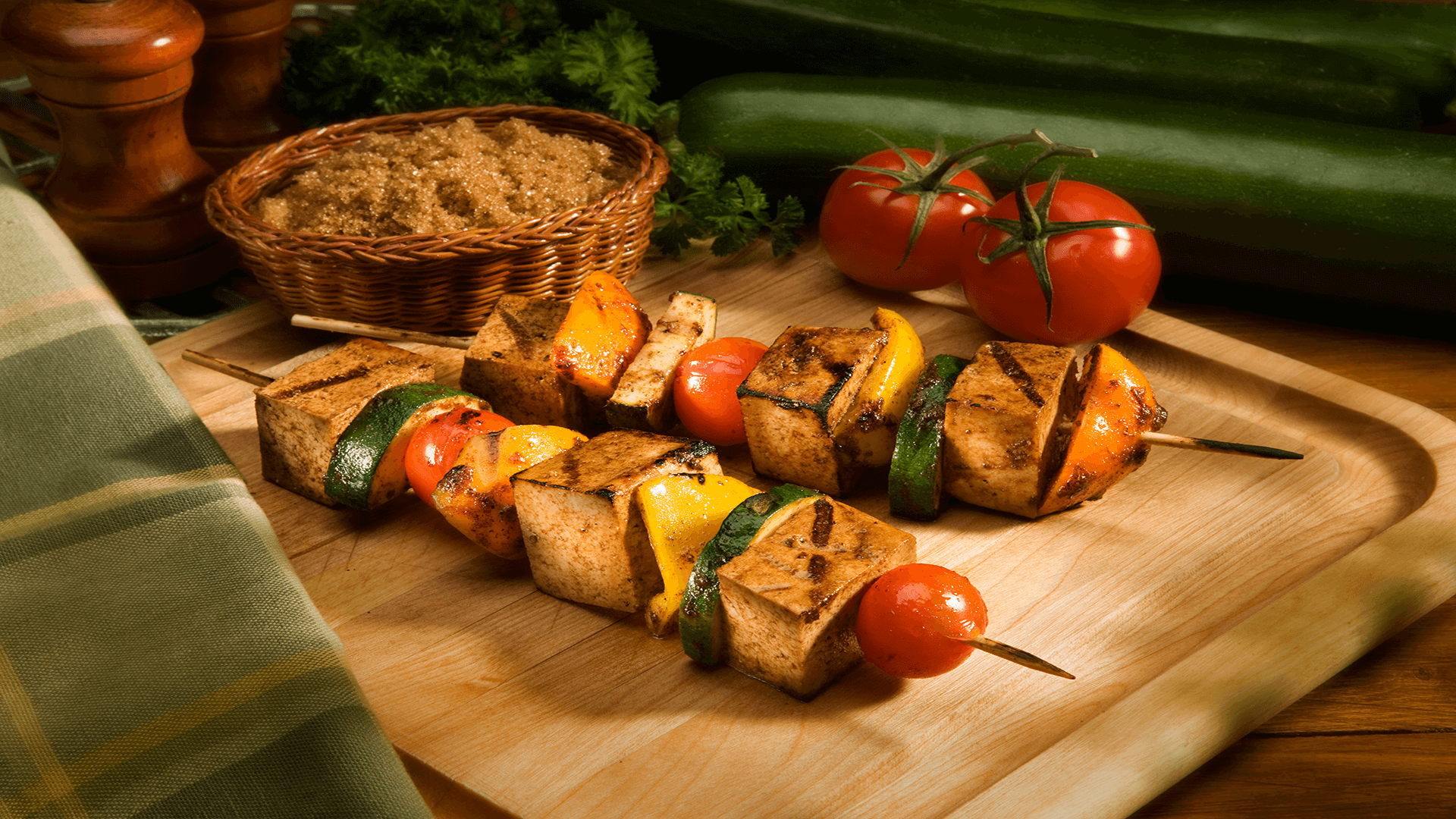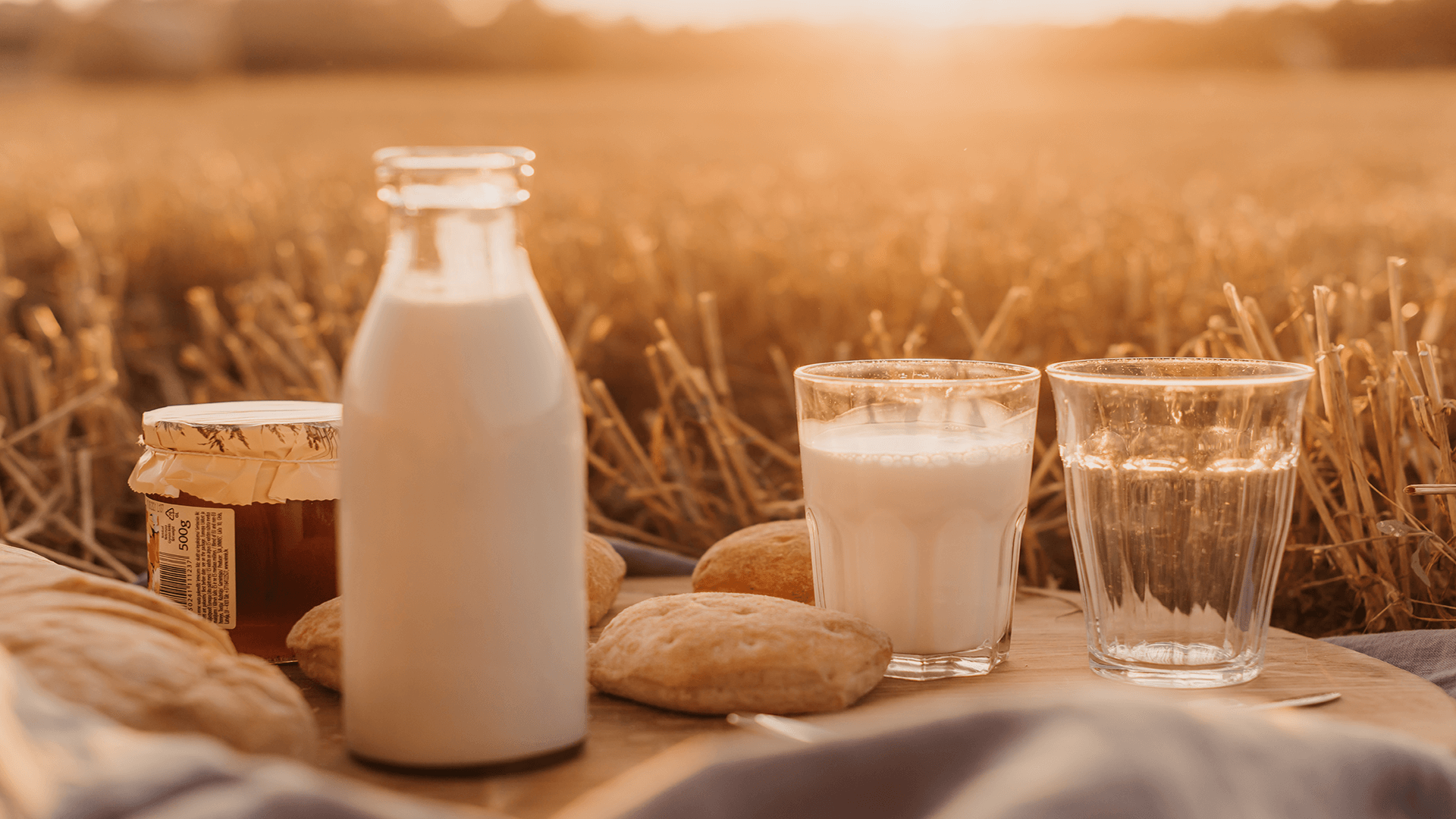Forget Meat. Forget Fake Meat. Eat Real Plants.
‘PBMAs [plant-based meat alternatives] may have some role in improving human and planetary health, but there is no evidence to suggest that they can substitute for healthy diets focused on minimally processed plant foods. Nutrition policies and dietary guidelines should continue to emphasize a diet rich in plant-based foods such as nuts, seeds, and legumes or pulses, which are rich in protein and many other nutrients but require little industrial processing’
Frank Hu, MD, PhD, and colleagues, Harvard T.H. Chan School of Public Health, Boston.
Real plants or fake plants?
There is a huge trend in the world right now towards a more ethical and environmentally caring way of eating. And not a day too soon it is. We all need to change our food habits for our health, for our workforce and our world, this much is clear. The real question is, how do we do it? Do we eat more of a plant-based diet? Absolutely. Can we consider cutting back on meat or giving it up? Yes. Do we then try to make plants look, taste, feel and bleed like animal meats…? Maybe not so much.
Real plants vs fake plants
Let’s look at the difference between super healthy longevity wholefoods like soybeans, tofu, tempeh, legumes, wholegrains, fruits, vegetables, nuts and seeds VS a chemical-rich, genetically engineered GMO mash up made in a laboratory.
Real plant-based diets increase longevity
As I have written extensively about in my first book ‘Eat Less, Live Long’, the longest lived and healthiest cultures in the world, eat a predominantly plant-based diet. The Hunza, Longevity Village in Bapan – China, Abkhazia, Icaria, Japan, Sardinia, Loma Linda and more, the list goes on. These regions, sometimes known as ‘Blue Zones’, also have much lower rates of cancer, diabetes, heart disease, and obesity. The single most impressive is Okinawa. The diet amongst these centenarians has been between 90% and 97% plant-based for hundreds of years.
‘Overall, these data highlighted the importance of adhering to plant-based diets to achieve or maintain good health, and people should choose fresh fruits and vegetables, whole grains, tofu, and other healthy plant foods as the cornerstone of such diets. Plant-based diets can promote metabolic health and reduce diabetes risk through many pathways, including preventing excess weight gain, improving insulin sensitivity, reducing inflammation, and other mechanisms’
Senior Author Dr Qi Sun, Associate Professor, Department of Nutrition, Harvard T.H. Chan School of Public Health, Brigham and Women’s Hospital in Boston.
What do the centenarians eat?
Chemical laden laboratory-created-Frankenfoods? No. They eat a local, seasonal, carotenoid-rich, plant-based, wholefood diet of brightly coloured fruits, vegetables, nuts, seeds, wholegrains and legumes, with a strong emphasis on soybean foods such as tofu, alongside local seaweeds, seafoods and green tea. Their diet is 80% or more carbohydrates such as sweet potato, quinoa, bananas and beetroots (busting the current myth that you need to ‘eat less carbs’). They avoid alcohol, refined sugary foods, meats, dairy products and takeaways.
Eat more real plants
Emeritus Professor Yukio Yamori has spent over 20 years looking into epidemiology and longevity in 25 countries. Professor Yamori found the people with a higher daily intake of soybean foods lived longer, healthier lives. The people studied who ate less soybean foods had shorter lifespans. Research confirms that following a healthy plant-based wholefood diet – rich in fruits, vegetables, nuts, seeds, wholegrains and legumes, will lower your risk of type II diabetes and extend your lifespan. This research provides ‘the most comprehensive evidence to date’ for the link between a healthy plant-based diet and reduced risk of TII diabetes incidence¹⁻⁵⁰. The researchers found that people who followed the healthy balanced diet the closest had ‘a 23% lower risk of type 2 diabetes’ compared to people dipping in and out of their good food habits. Type II diabetes is a very strong marker for health and longevity.
Soybeans are a near-perfect food, just as they are thanks…
Soybeans, known as the “meat of the fields,” are a near-perfect balance of protein (34%), carbohydrates (30%) and fat (20%), while being rich in fibre, magnesium, potassium, calcium, vitamins, lecithin and folic acid. Switching from meat to healthy natural soybean foods such as tofu and tempeh has been tied to lower mortality risk, lower heart disease risk and longer healthier lives⁵¹⁻⁵³. The U.S. National Cancer Institute ranks soybeans, cabbage, carrots and garlic as ‘the most important foods for possible cancer prevention’.
‘Our study suggests that encouraging diets with higher plant-based protein intake may contribute to long-term health and longevity’
Dr Norie Sawada, MD, PhD, Japan’s National Cancer Center in Tokyo.
Which soybean foods should I eat?
Stick to healthy, wholefood soybean foods such as tofu, tempeh or edamame. Many soy-based foods in the West are quite different from the wholefood soybean foods consumed in the traditional Asian diet. Western soy foods are often made with extracted soy proteins, concentrates or isolates, and there is a distinct lack of agreed data about the health benefits of soy protein isolates⁵⁴⁻⁵⁹. According to the USDA, over 90% of soybean farmland in America now grows genetically engineered (GE/GMO) soybeans. There is much controversy and global concern about the growing and consuming of genetically modified soy⁵⁴⁻⁵⁹. So read your labels carefully then go ahead and grab your favorite certified organic tofu or tempeh without concerns that it may put you at risk of anything more than eating too much of it!
Not all tofu is created equal
Look for the WSB logo as this guarantees your wholefood soybean product is:
- Vegan, dairy-free & gluten-free
- An ethically sourced, supplied & produced product
- Premium non-GMO, Biogro® ‘Certified Organic’ whole soybeans
- Free from soy extracts, isolates, powders & defoaming agents
- Free from artificial additives, preservatives or fillers
- Made traditionally, with natural nigari (not calcium/magnesium sulphate)
- Made using the timeless Japanese stoneground process
References available here








